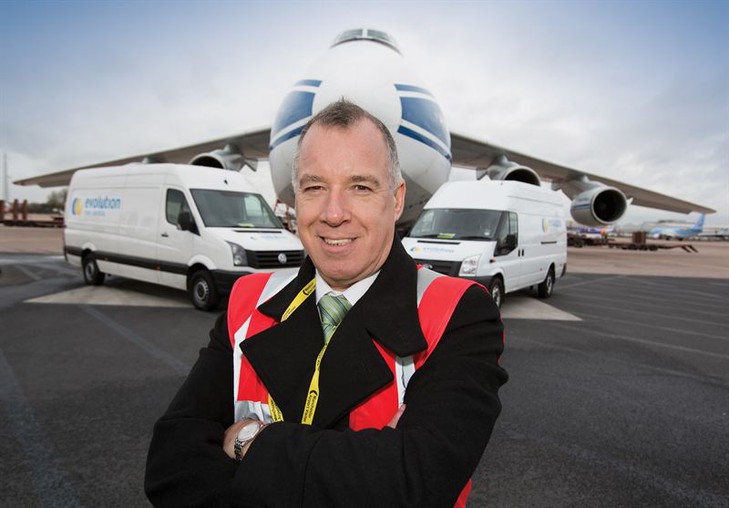Evolution Time Critical launches service for large scale projects
17 / 06 / 2017

Evolution Time Critical has launched its Critical Projects service, focused on the movement of large scale resources such as vehicle tooling or live production for the automotive and other industry sectors.
The UK-based emergency logistics specialist said that Critical Projects provides capability for the “strategic shift” of automotive production with “reduced risk, cost and time of tooling and production relocation”.
Managing director Brad Brennan said: “Increasing demand from manufacturers and suppliers for Evolution Time Critical’s ability to move large scale resources swiftly and reliably, delivering hugely complex projects, has driven our decision to launch a dedicated Critical Projects service.
“The automotive industry, in particular, is now made up of a highly convoluted web of leaner, globalised supply chains, streamlined operations and evolving production strategies – focused on increasing efficiency and meeting the time-contracted demands of a high pressure environment where the cost of failure is vast.
“We believe that Critical Projects provides manufacturers and suppliers with the tools that further enable the operation of agile yet robust supply chains.”
The service, said Brennan, means that vehicle manufacturers are able to react more quickly to fluctuations in demand, specification changes or market forces that encourage a change of global production location.
A team operates around the clock to ensure 24-hour micromanagement of bespoke projects, from initial evaluation to ultimate delivery.
This, said Brennan, ensures that experts and clients are always up to date with progress, aware of potential nuances and are ready to implement the most suitable contingency action to prevent delay, supply chain failure or production stoppage.
Added Brennan: “We turned heads when completing a 300-tonne air cargo shipment of vehicle tooling from China to the UK, which involved extensive planning, in-depth knowledge of global regulations and a charter of two Antonov An-124 and a Boeing 747F.
“At the time, this was a unique project of this scale, enabling a major vehicle manufacturer to overcome last-minute specification changes and optimise the production start of a new model, without jeopardising the tight launch schedule.
"The proof that such projects can now be undertaken provides new opportunities for manufacturing industries and for the automotive supply chain, which can continue to evolve to meet the demands of a fast-paced industry.”














